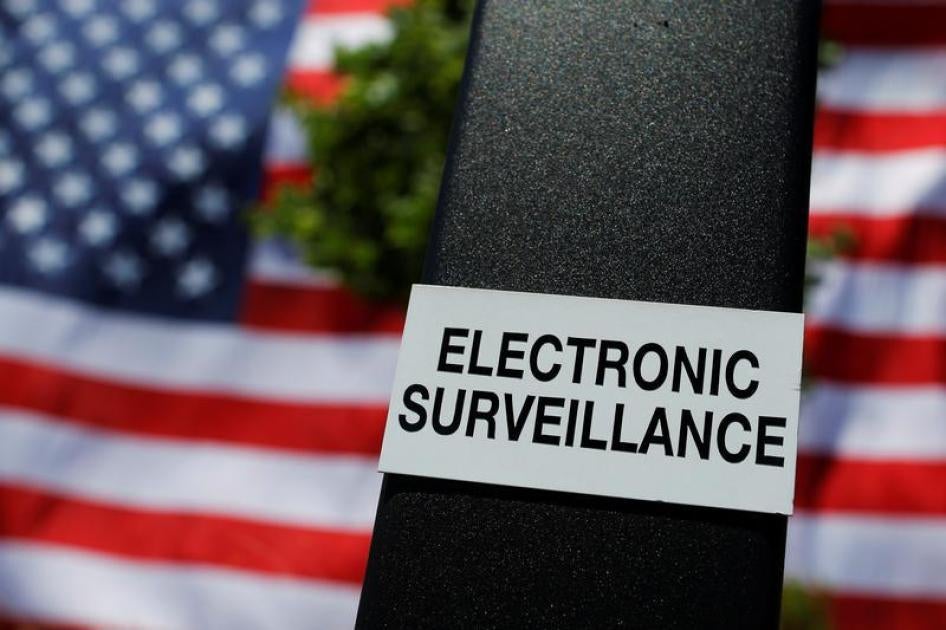The US government may be entitled to keep many of the specific details of its intelligence surveillance operations secret, but should it be able to invade your privacy, hinder your free expression, and jeopardize your fair-trial rights on the basis of secret laws and legal interpretations?
Under international human rights law, the answer is a resounding no – and a lawsuit heard by a federal court in Washington, DC earlier this week may help to advance this principle under US law.
The suit, Campaign for Accountability v. Department of Justice, seeks to compel the Justice Department to disclose the existence and content of opinions of its Office of Legal Counsel (OLC). Those opinions regularly decide major questions about what the executive branch has the power to do under the US Constitution or statutes. But all too often, the government withholds them from the public.
Where surveillance is concerned, the US executive branch has used secret legal interpretations as the basis for several large-scale activities that have violated civil rights. During the George W. Bush administration, the OLC used secret memoranda to justify the Stellar Wind program, which involved collecting content and metadata of Americans’ international communications without a warrant. Another form of secret law – undisclosed authorizations by the Foreign Intelligence Surveillance Court – allowed the government to collect records of US domestic phone calls in bulk for years under a non-obvious interpretation of Section 215 of the Patriot Act. This stopped only after former National Security Agency contractor Edward Snowden leaked one of the court orders and Congress put its foot down.
These secret legal interpretations and decisions can have real-world implications that go far beyond privacy infringements. For example, the government may be using narrow definitions to prevent people charged with crimes from finding out if agents have used information “derived from” warrantless and possibly unconstitutional surveillance when investigating them. No defendant faced with the loss of his or her liberty, and no judge seeking to ensure a fair trial, should have to guess at whether the government is telling the whole truth or using secret interpretations when it offers assurances – as it recently did in a major Oregon case – that no evidence in the case “derives from” intelligence surveillance.
To protect civil liberties and the integrity of the courts, all surveillance laws should be accessible to and easily understood by everyone – and the release of OLC opinions would do much to advance this cause.
|
Dispatches
No One Should Have to Guess Meaning of Surveillance Laws
Court Hearing Highlights Problem of Secret Justice Department Opinions
Your tax deductible gift can help stop human rights violations and save lives around the world.
Region / Country
Topic
Most Viewed
-
June 3, 2025
“They’re Ruining People’s Lives”

-
January 25, 2024
“We’re Dying Here”

-
November 25, 2019
A Dirty Investment

-
April 27, 2021
A Threshold Crossed

-
November 19, 2012
Losing Humanity


